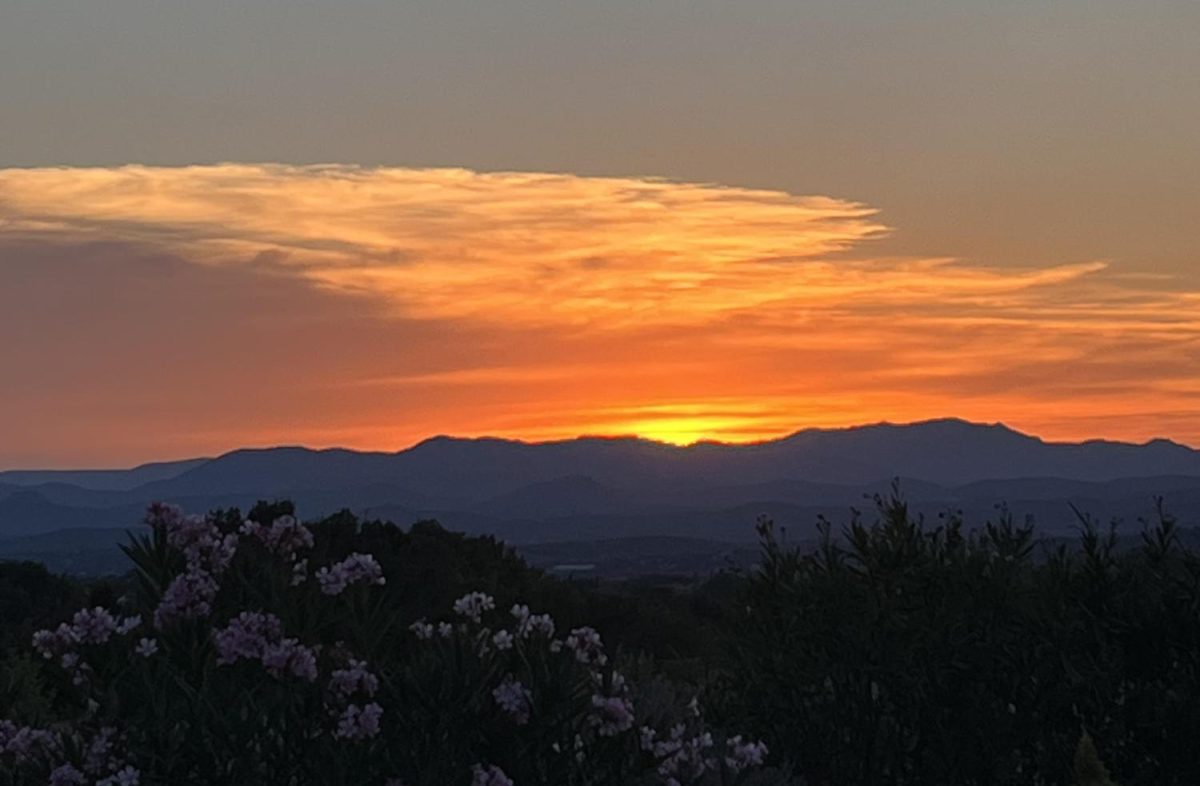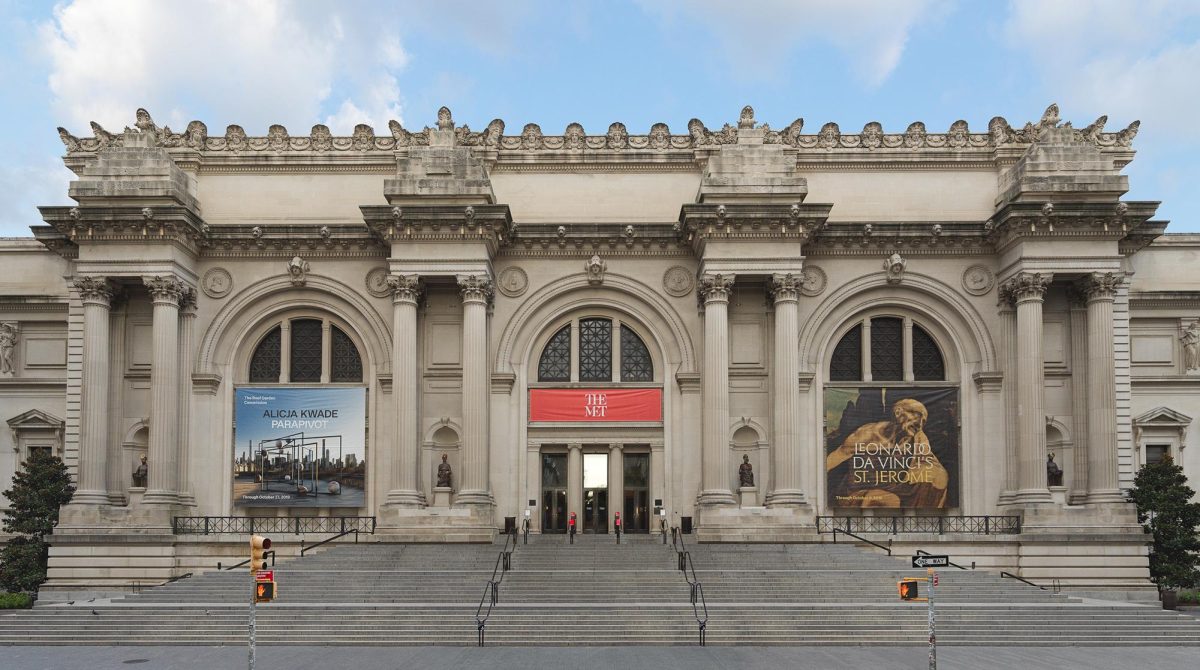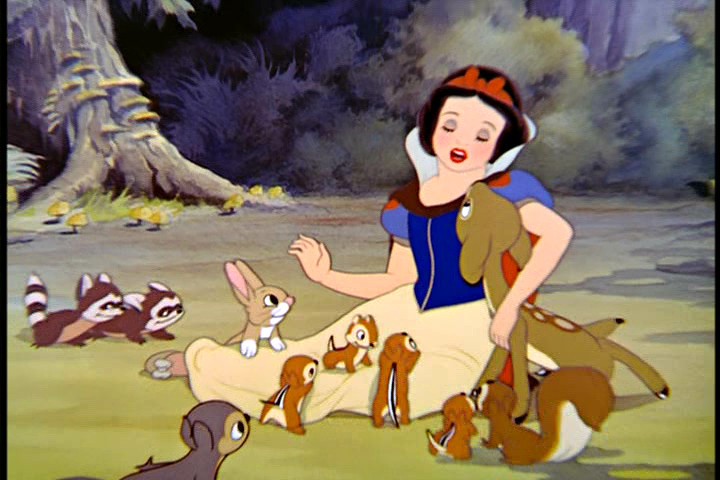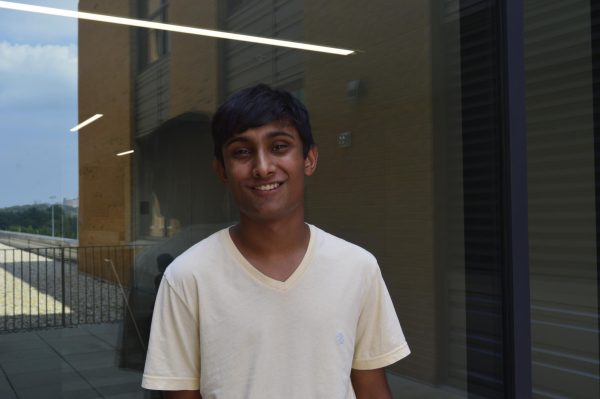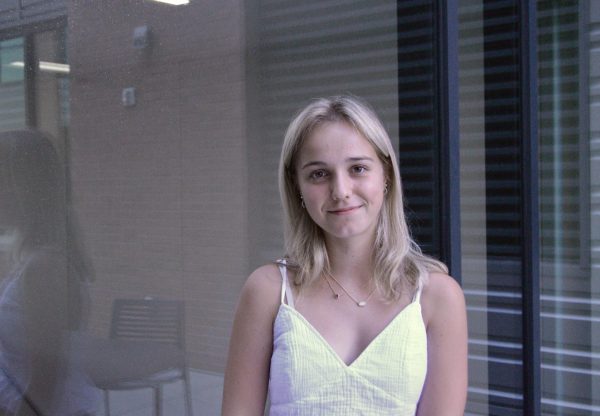On the second Sunday of every March, we in the United States turn our clock forward in an unfortunate yearly ritual, losing one hour of sleep. It’s painful. But at least it helps farmers, saves energy, and as the name suggests, gives us more daylight.
But does it really?
The hour of sleep we lose to implement daylight savings disrupts our circadian rhythm, making it hard for us to sleep for the next few days. Moreover, the dark morning and bright evening that this loss of sleep gives us makes it hard for us to sleep in the evening and hard for us to wake in the morning, making us lose even more sleep.
After all that lost sleep, no wonder people are thinking of implementing permanent daylight savings time!
Before we get into how daylight savings is bad for our sleep, let’s start by addressing the misconception that daylight savings time is beneficial.
Myth 1: Daylight savings helps farmers.
Contrary to popular belief, daylight savings time doesn’t help farmers. In fact, the agriculture industry lobbied against daylight saving time in 1919, after daylight savings time was first established. They wanted to repeal daylight saving time. Farmers wake and sleep with the rise and fall of the sun; the time of day that that might be doesn’t affect them. In fact, all daylight savings accomplishes for farmers is that it messes up their animals’ biological clocks and their daily routine. Moreover, farmers prefer to have more light in the morning, when temperatures are cooler.
Myth 2: Daylight savings time saves energy.
The real reason why daylight savings time was established was to conserve energy by limiting the use of artificial light during World War I, and it has existed ever since. Unfortunately, the reality is that this concept is outdated. According to the National Bureau of Economic Research, “there is surprisingly little evidence that DST [daylight savings time] actually saves energy.”
Conceptually, this makes sense. If there is more sunlight, people are awake longer. According to the New York Times, this causes people to use more air conditioning and heating. This effectively cancels out the already minimal electricity savings.
Myth 3: Daylight savings gives us more daylight.
The whole point of daylight savings time is to create more daylight. But daylight savings time does not save any daylight. To understand this concept better, take a look at the below graphic.
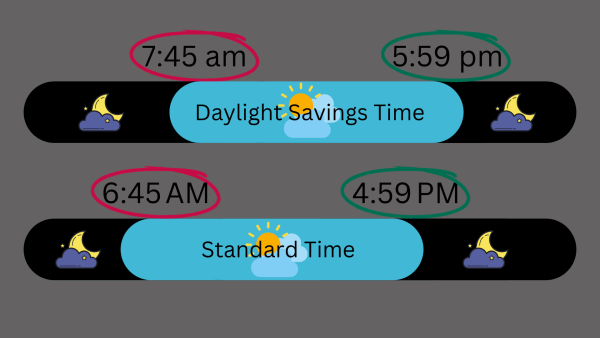
Daylight savings time delays sunset by one hour. For an average person who wakes up at around 6:45 or earlier, there is no daylight being saved. For people who wake up between 6:45 and 7:45 (such as a 9-5 worker), standard time has the greatest benefit. Instead of having to wake up in the dark and return home in the dark, standard time allows one to wake up at dawn, when there is daylight, making waking up significantly easier. Given that 83% of people wake up before 8 am, most people would benefit from standard time.
Not only is daylight saving time not beneficial, it has many downsides which make it actively harmful. Daylight savings significantly harms our quality of sleep, which causes a plethora of negative side effects.
Turning the clock forward causes a loss of sleep, which in turn causes many more issues.
Implementing daylight savings each year causes us to lose one hour of sleep.
This can have very scary side effects. Studies show that the spring Daylight Saving Time transition “acutely increases motor vehicle accident (MVA) risk (“DST effect”), which has been partly attributed to sleep deprivation and circadian misalignment.”
What this means is that the loss of sleep and the messing up of our biological clocks makes it more likely that we get into a car accident. This raises the question: If we are more likely to get into a car accident after daylight savings, what else could we do wrong? It turns out that productivity significantly reduces after daylight savings. According to the Washington Examiner, “Every year, the U.S. loses almost $434 million in productivity due to the change in clocks.” The health repercussions are also very frightening. A BMJ Journals study shows that after “spring forward” we see a 24% increase in heart attacks.
It is harder to sleep during daylight savings time compared to standard time.
Some may argue that the above section makes it all the more important to go to permanent daylight savings time. However, the reality is that some daylight savings time is better than constant daylight savings time. The better solution would be to go to permanent standard time. Why? Because daylight savings time has many long-term problems as well.
The suppression of melatonin in response to light exposure in the morning helps us wake up in the morning. In other words, when the sun rises, our bodies naturally release hormones that make us wake up. Under permanent daylight savings time, we would frequently be waking up in the dark. This means that it would be significantly harder for us to wake up, causing bad moods and even worse, all the problems mentioned in the above section.
Additionally, many people would have to try to go to bed when the sun is up, making it hard to sleep. This means that we would lose sleep on both ends of the schedule.
Daylight saving time offers little to no benefit to the average person while causing (in many, many, different ways) a lack of sleep. This lack of sleep can cause an abundance of problems, from car accidents to heart attacks.
We need to turn the clock back (no pun intended) on daylight savings.



